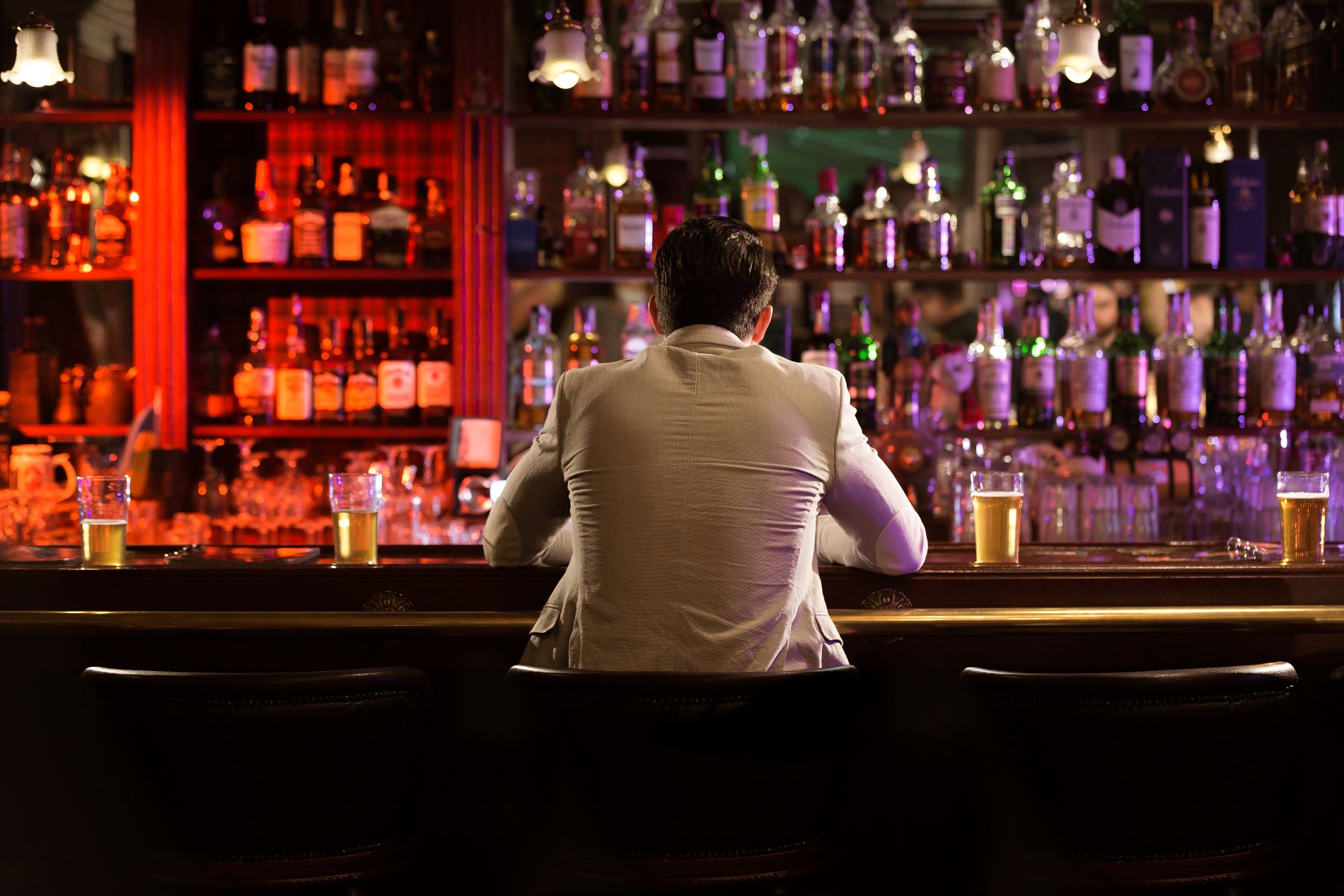Not all bars are created equal. Some become icons of nightlife culture, attracting crowds for decades, while others quietly fade away within a year. Have you ever wondered Why Do Some Bars Become Legendary While Others Fail?
The truth is, the difference between a legendary bar and a failed bar goes beyond just good cocktails. It’s about a combination of psychology, branding, design, service, and cultural resonance.
In this article, we’ll explore the key reasons why some bars thrive and become legendary while others fail, backed by psychology, business insights, and real-world case studies.
What Makes a Bar Legendary?
Legendary bars share certain common traits that set them apart. These aren’t accidents—they’re carefully crafted strategies.
| Factor | Why It Matters | Example of Legendary Success |
|---|---|---|
| Ambiance & Atmosphere | First impressions matter—lighting, music, décor create emotional impact. | Please Don’t Tell (NYC) – A speakeasy famous for intimate, mysterious vibes. |
| Signature Drinks | Unique cocktails create identity and loyalty. | Harry’s New York Bar (Paris) – Birthplace of iconic cocktails like the Bloody Mary. |
| Customer Experience | Exceptional service builds repeat customers and word-of-mouth. | The American Bar (London) – Known for world-class bartending and hospitality. |
| Cultural Relevance | Bars that capture the spirit of an era become timeless. | CBGB (NYC) – Legendary punk bar tied to an entire music movement. |
| Consistency | Maintaining quality over years earns trust and reputation. | The Dead Rabbit (NYC) – Award-winning bar that maintains high standards. |
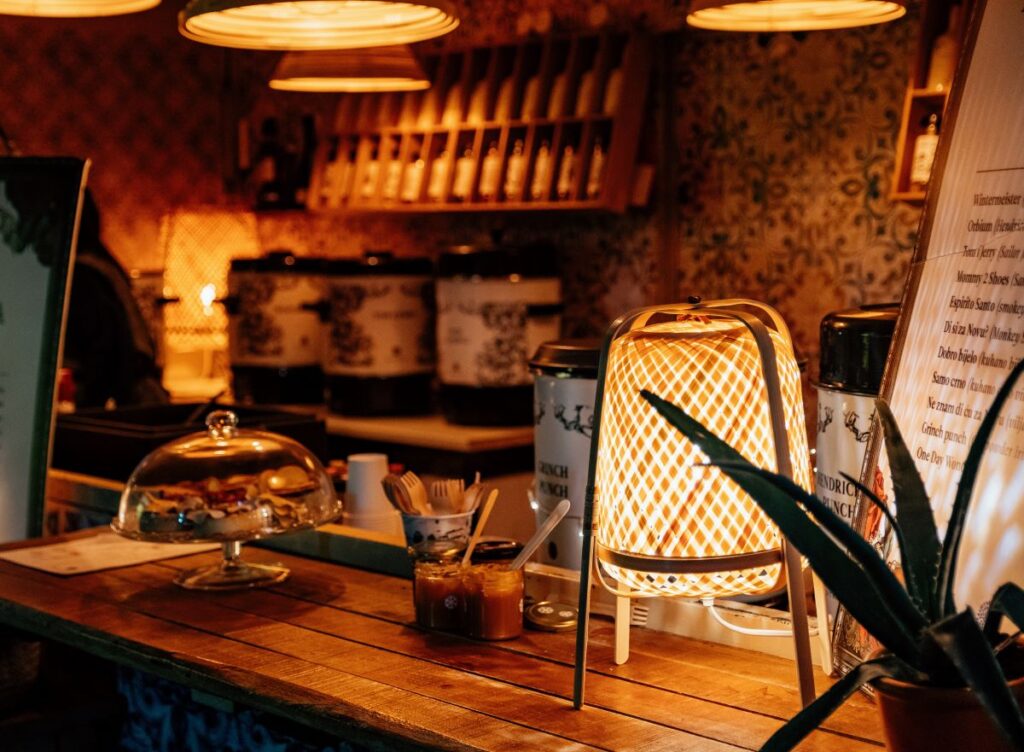
Why Do Bars Fail?
Just as success leaves clues, so does failure. Bars often fail due to avoidable mistakes that undermine their ability to attract and retain customers.
| Common Reason for Failure | Impact on Business | Example of Mistake |
|---|---|---|
| Poor Location | Low foot traffic → fewer customers | Opening in an isolated area without nearby nightlife |
| Weak Branding | Customers can’t connect emotionally | Generic names, no unique story or theme |
| Inconsistent Quality | Drives customers away quickly | Great cocktails one night, poor ones the next |
| Neglecting Ambiance | Customers leave quickly | Bad lighting, poor music choices |
| Lack of Financial Planning | Leads to early closure | Overspending on décor, underfunding marketing |
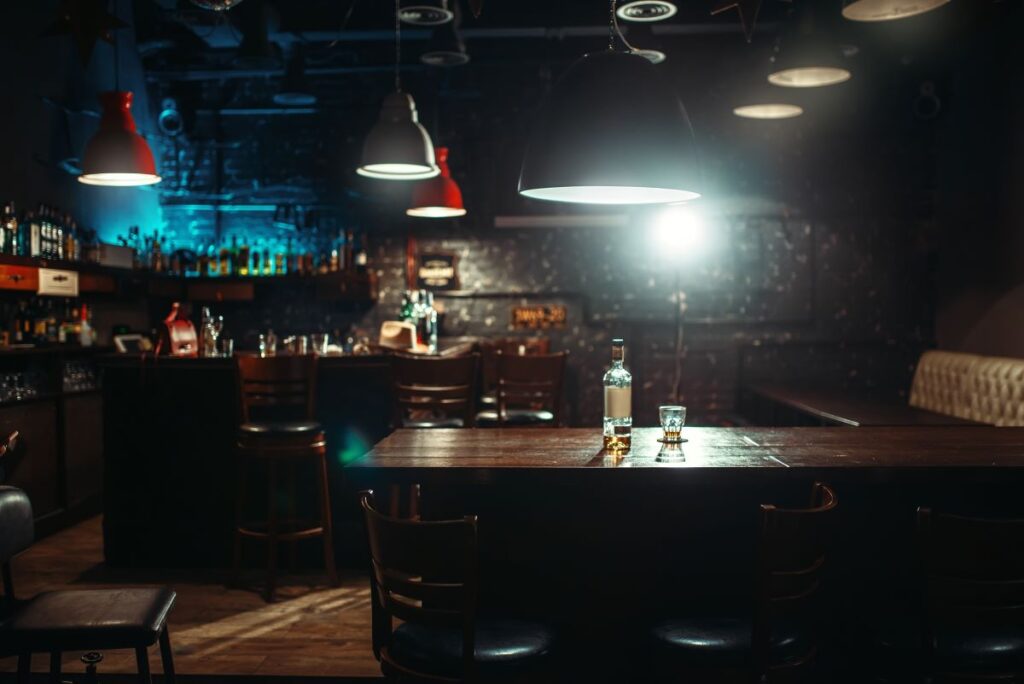
The Psychology of Legendary Bars
The human brain craves experiences, not just drinks. That’s why legendary bars don’t just serve alcohol—they serve stories, emotions, and memories. When exploring Why Do Some Bars Become Legendary While Others Fail, psychology plays a huge role in shaping customer loyalty and reputation.
- Emotional Connection – People return to bars where they feel understood, comfortable, or inspired.
- Nostalgia Effect – Bars tied to an era, music scene, or cultural moment create lifelong bonds.
- Exclusivity & Mystery – Speakeasies and hidden bars use psychology to make customers feel like insiders.
- Social Proof – A buzzing bar makes people want to join; an empty bar makes them leave.
- Consistency & Trust – The brain values reliability—when drinks, service, and vibe are always on point, trust builds.
Ultimately, these psychological factors explain a major part of Why Do Some Bars Become Legendary While Others Fail across generations.
Case Studies: Legendary vs. Failed Bars
Looking at real-world examples helps us understand why some bars become iconic while others vanish.
Legendary Bars That Made History
| Bar Name | Location | Why It Became Legendary | Key Takeaway for Owners |
|---|---|---|---|
| Harry’s New York Bar | Paris, France | Famous for inventing classic cocktails like the Bloody Mary. Became a hub for writers and artists. | A signature identity (cocktail innovation) can immortalize a bar. |
| The Dead Rabbit | New York, USA | Consistently ranked among the best bars in the world due to its storytelling, Irish-American identity, and service. | Consistency + storytelling builds global reputation. |
| El Floridita | Havana, Cuba | Legendary for its daiquiris and connection with Ernest Hemingway. | Cultural associations with celebrities add timeless appeal. |
| Berghain | Berlin, Germany | A nightclub-bar hybrid that became the epicenter of techno culture with strict entry rules. | Exclusivity and cultural ownership create mystique. |
| American Bar at The Savoy | London, UK | Over a century old, famed for luxury service and award-winning cocktails. | Longevity comes from excellence + adaptability. |
Bars That Failed (And Why)
| Bar Example | Reason for Failure | Lesson Learned |
|---|---|---|
| High-investment rooftop bars in small towns | Location mismatch, not enough demand. | Always study local market demand before investing. |
| Trendy theme bars (pirate bars, 80s flashback bars) | Gimmick wore off quickly, no long-term identity. | Trends fade—authentic identity lasts. |
| Overpriced luxury bars in working-class neighborhoods | Customers couldn’t justify pricing. | Align pricing with demographic affordability. |
| Bars without music or ambiance strategy | Felt “dead,” customers didn’t linger. | Ambiance (lighting + music) is non-negotiable. |
| Rapid expansion of successful chains | Lost consistency and identity. | Scaling without control ruins reputation. |
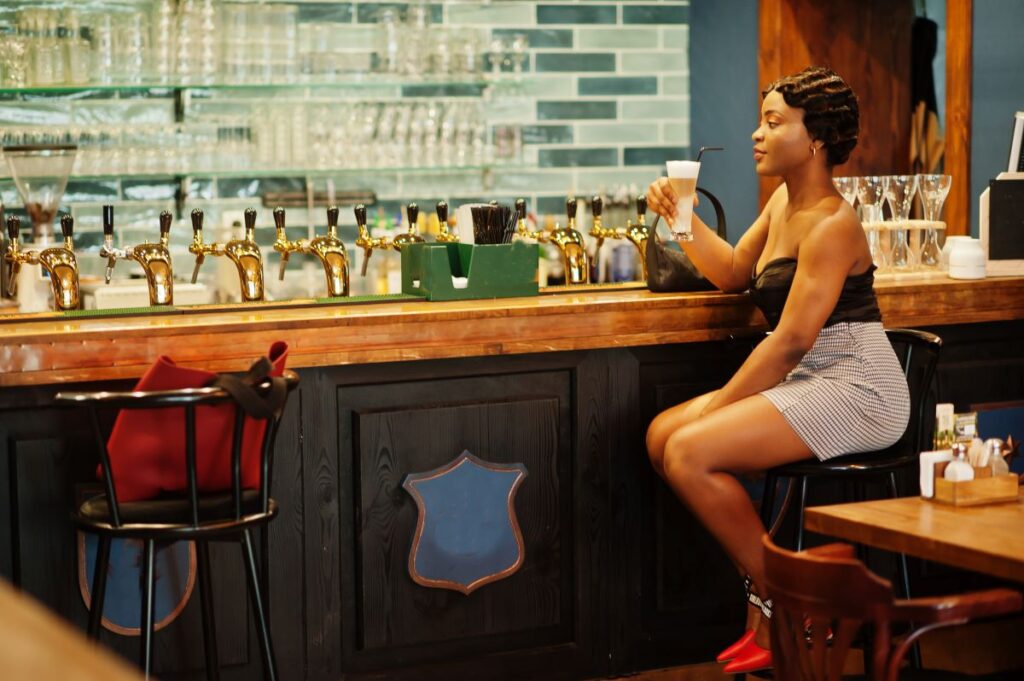
Business Strategies That Separate Success from Failure
Legendary bars are businesses first, nightlife spots second. Their success lies in strategic planning and consistent execution. When analyzing Why Do Some Bars Become Legendary While Others Fail, it becomes clear that smart business strategies play just as big a role as atmosphere or drinks.
1. Crafting a Unique Identity
Every legendary bar has a story (Irish tavern roots, prohibition-era speakeasy, celebrity haunt). Customers connect with narratives, not just cocktails. Example: The Dead Rabbit uses Irish immigrant storytelling in its menus and branding—a perfect example of Why Do Some Bars Become Legendary While Others Fail.
2. Consistency Is King
Great service and cocktails every night build trust. Many failed bars delivered “hit or miss” experiences, which destroyed customer loyalty. Consistency is often the deciding factor in Why Do Some Bars Become Legendary While Others Fail.
3. Customer-Centric Approach
Legendary bars don’t just serve drinks; they anticipate customer needs. Personalized recommendations, friendly bartenders, and memorable experiences keep people coming back—another key element in Why Do Some Bars Become Legendary While Others Fail.
4. Cultural Connection
Bars that tie themselves to music movements, social groups, or subcultures become immortal. Example: CBGB wasn’t just a bar—it was the birthplace of punk culture, demonstrating Why Do Some Bars Become Legendary While Others Fail.
5. Smart Financial Planning
Many failed bars overspend on décor but neglect marketing, training, or quality ingredients. Successful bars invest in long-term sustainability instead of chasing short-term hype, which strongly influences Why Do Some Bars Become Legendary While Others Fail.
| Strategy | Applied By Legendary Bars | Ignored By Failed Bars |
|---|---|---|
| Strong Identity | Yes (brand storytelling, history, theme) | No (generic names, forgettable) |
| Consistency | High standards always | Inconsistent service & drinks |
| Customer Experience | Central to design | Treated as secondary |
| Cultural Ties | Integrated with music/art | No connection with culture |
| Financial Planning | Balanced investment | Overspending or neglect |
Psychology + Branding = Long-Term Success
At the core of legendary bars is psychology-backed branding. They know how to make people feel:
- Exclusivity: Hidden entrances, member-only access, or selective door policies create allure.
- Nostalgia: Retro décor and music transport customers to another era.
- Belonging: Bars tied to communities (sports fans, artists, music lovers) create loyalty.
- Escapism: Themed bars allow customers to step outside their daily reality.
Bars that fail often ignore these elements and focus only on “selling drinks”—but customers seek experiences, not just alcohol.
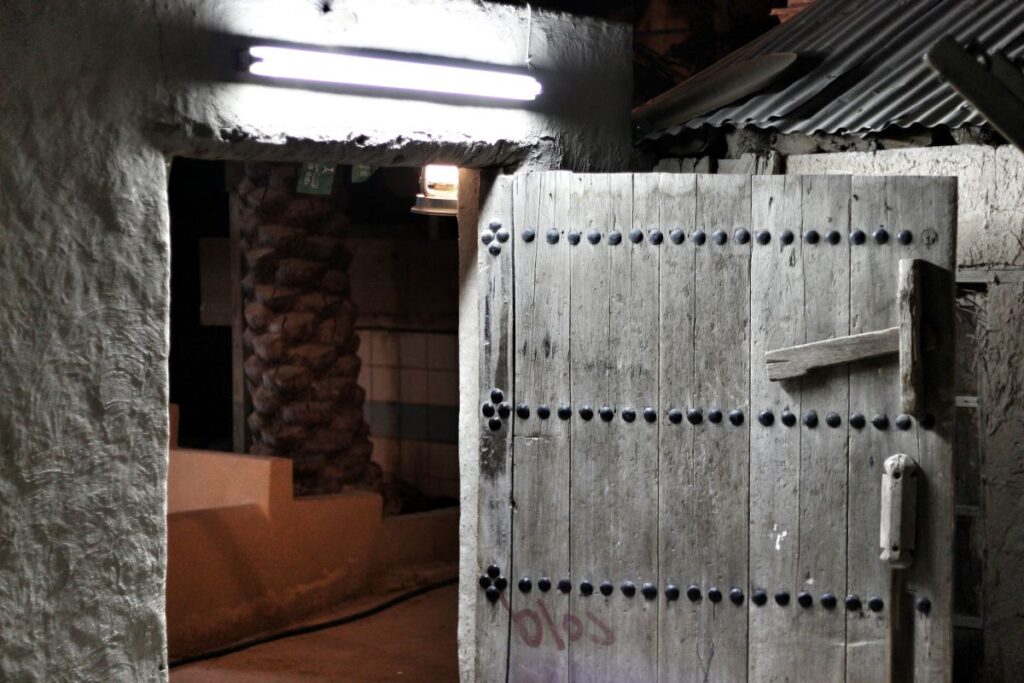
Final Thoughts: Why Some Bars Become Legendary While Others Fail
The difference between a legendary bar and a failed bar isn’t luck—it’s strategy, psychology, and execution.
- Legendary bars succeed because they combine ambiance, service, branding, and consistency to create unforgettable experiences.
- Failed bars often neglect these elements, focusing only on short-term profit or gimmicks.
To thrive in the competitive nightlife industry, bar owners need to:
- Develop a unique identity that tells a story.
- Deliver consistent quality in drinks, music, and service.
- Engage with culture—through music, art, or local traditions.
- Plan financially for long-term sustainability.
- Understand psychology—customers aren’t just buying drinks, they’re buying emotions and memories.
In the end, a bar becomes legendary not because of what it serves, but how it makes people feel.
1. What makes a bar successful?
A bar is successful when it combines great atmosphere, consistent service, unique identity, and cultural connection. Customers should feel like they’re part of a memorable experience—not just a place to drink. Drinks also play a major role, and if you’ve ever wondered why your cocktail tastes different depending on where you go, check out our guide: Why Do Cocktails Taste Different at Every Bar?.
2. Why do some bars fail quickly?
Most bars fail due to poor location, weak branding, inconsistent service, bad financial planning, or neglecting ambiance. Customers have endless options, so a generic or poorly run bar will close fast. According to Forbes’ guide on why restaurants and bars fail, poor management and lack of differentiation are leading causes.
3. How do bars become legendary?
Bars become legendary when they create a story worth remembering. This can be through signature cocktails, celebrity connections, cultural movements, or unforgettable design. Consistency over time cements their status.
4. What role does ambiance play in a bar’s success?
Ambiance is crucial—it’s the first impression customers notice. Lighting, music, and décor shape mood and influence how long customers stay, how much they spend, and whether they return.
5. Can music and branding make a bar iconic?
Yes. Music builds energy and community, while branding creates identity and loyalty. When combined, they turn a regular bar into a cultural hub that people associate with emotions and memories.
6. How can bar owners avoid failure?
Bar owners can avoid failure by:
- Choosing the right location.
- Investing in consistent quality.
- Building a strong brand identity.
- Maintaining good financial planning.
- Prioritizing customer experience over short-term profit.

